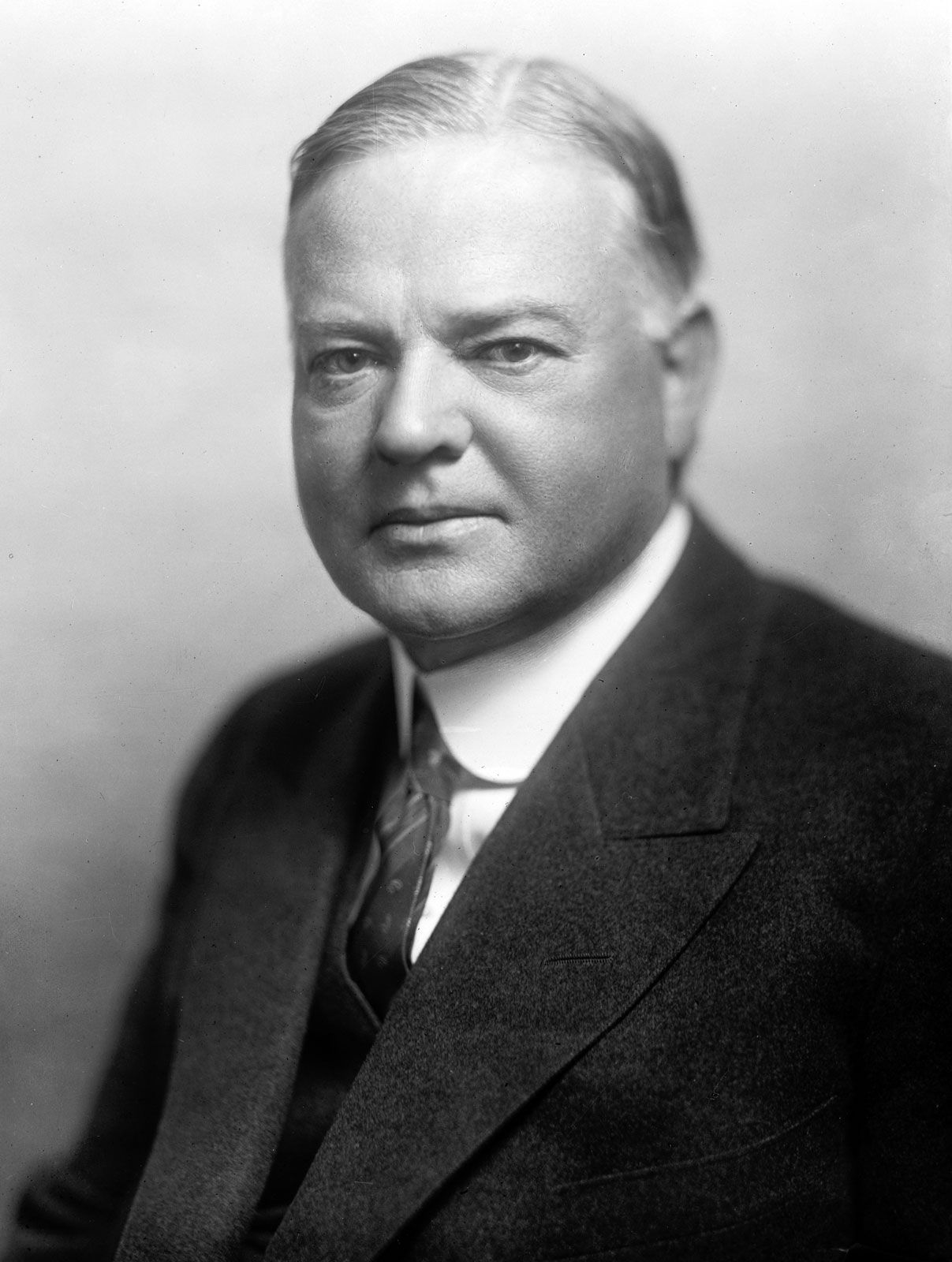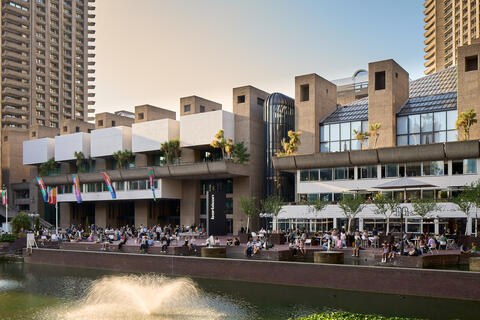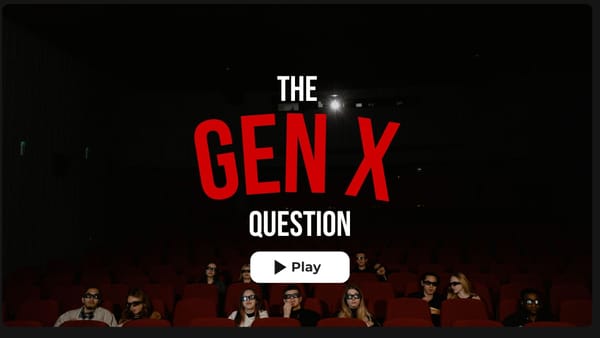The Squid Games of Global Trade
The Tariff Edition

The global trade stage is now Global Squid Games. 'Red light to green light' as to who is friend or foe to the US - or how to grow a business - is flickering faster than a disco strobe. One day, we know there is a problem. The next it has disappeared.
CEOs must play this game of musical statues while pulling rabbits out of hats and simultaneously appearing steady, standing on one leg.
Today's newsbomb is US protectionist policy. President Trump has imposed a 10 percent blanket tariff on all UK exports to the US. There are steeper hikes for other major countries: 20 percent on the EU and 34 percent on Chinese goods.
The White House is positioning it as a move to protect national and economic security, but the fallout is already being felt from Scotch whisky makers warning of massive losses to US business leaders bracing for consumer price hikes.
This isn’t the first time tariffs have rocked the global economy. The Corn Laws (1815-1846) in Britain kept grain prices high to protect farmers but caused widespread economic hardship until they were repealed after public revolt. Similarly, the Tariff of Abominations (1828) aimed to protect US industry but deepened sectional divides, inflaming the rift between North and South.
And more recently, the Smoot-Hawley Tariff (1930) escalated retaliatory measures globally and tanked international trade during the Great Depression.
Tariffs may offer short-term political wins, but they result in long-term economic pain: trade wars, higher prices, reduced global cooperation and economic slowdowns. Even war.
If you read one thing today, make it this:

The CEO Agenda
For CEOs, this is about who builds the most resilient business when the shouting starts.
- Quantify your exposure: You need scenario modelling software to plan global supply chain, talent, pricing, risk and outcomes.
- The move from unilateral to bilateral trade agreements signals that your business must follow this path. There is still a global market and we could see an alliance of trade-friendly countries unite. Wait and see...
- China - while feigning anger - is possibly delighted. This could be the moment it has been waiting for to re-establish trust with other countries.
- Don't shoot from the hip on your narrative. This one needs to be steady.
Bon chance.
Job: CEO of the Barbican Centre:

The Barbican Centre is looking for a new CEO to lead its next phase of transformation. With a salary of up to £220,050, they're looking for artistic vision with commercial acumen to navigate complex public-sector structures and lead with purpose. Could be an interesting one. They want someone who can "champion creativity, drive global cultural impact and leave a lasting legacy at the heart of the UK’s creative landscape".
Have a good day
Dan






